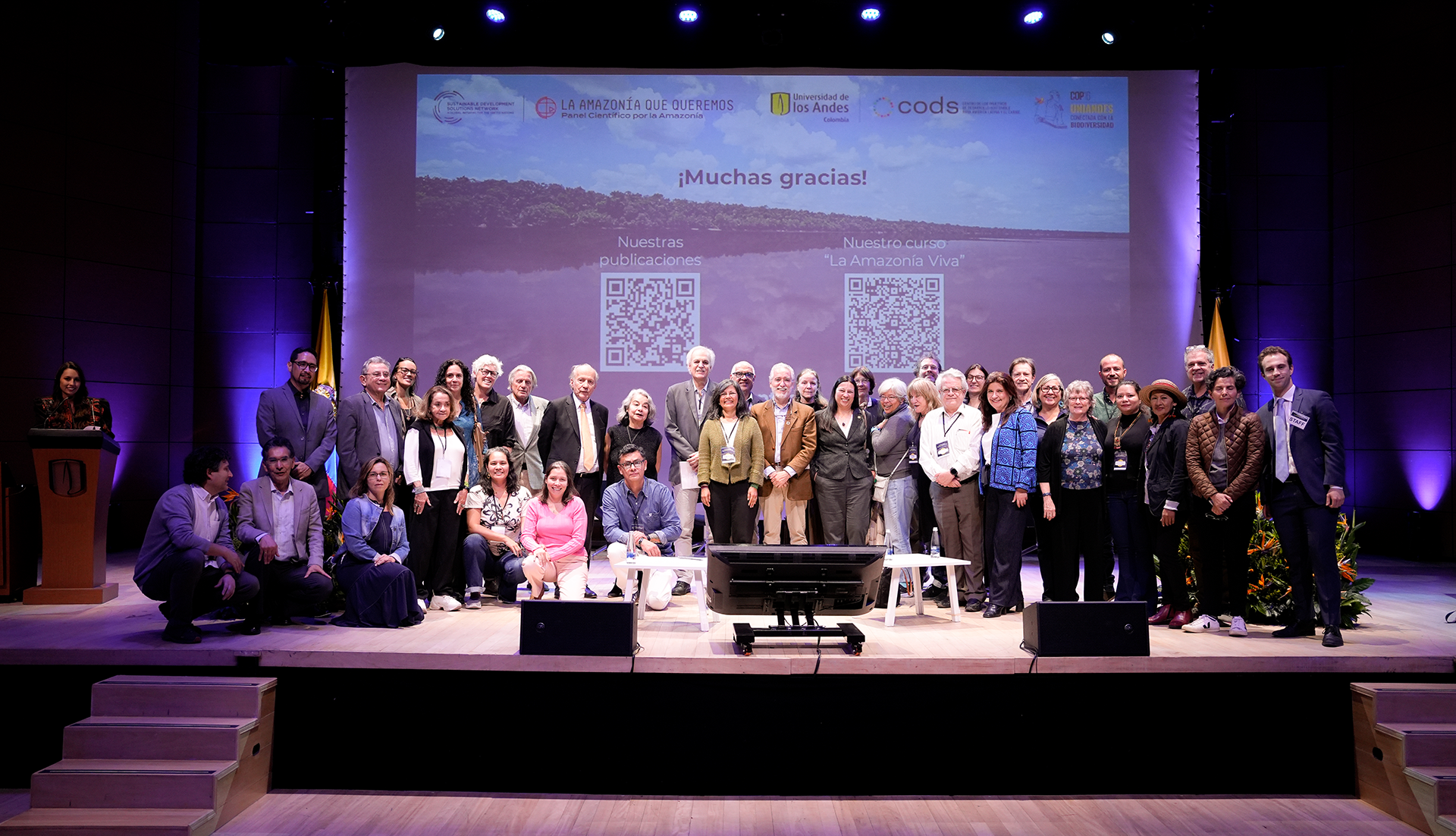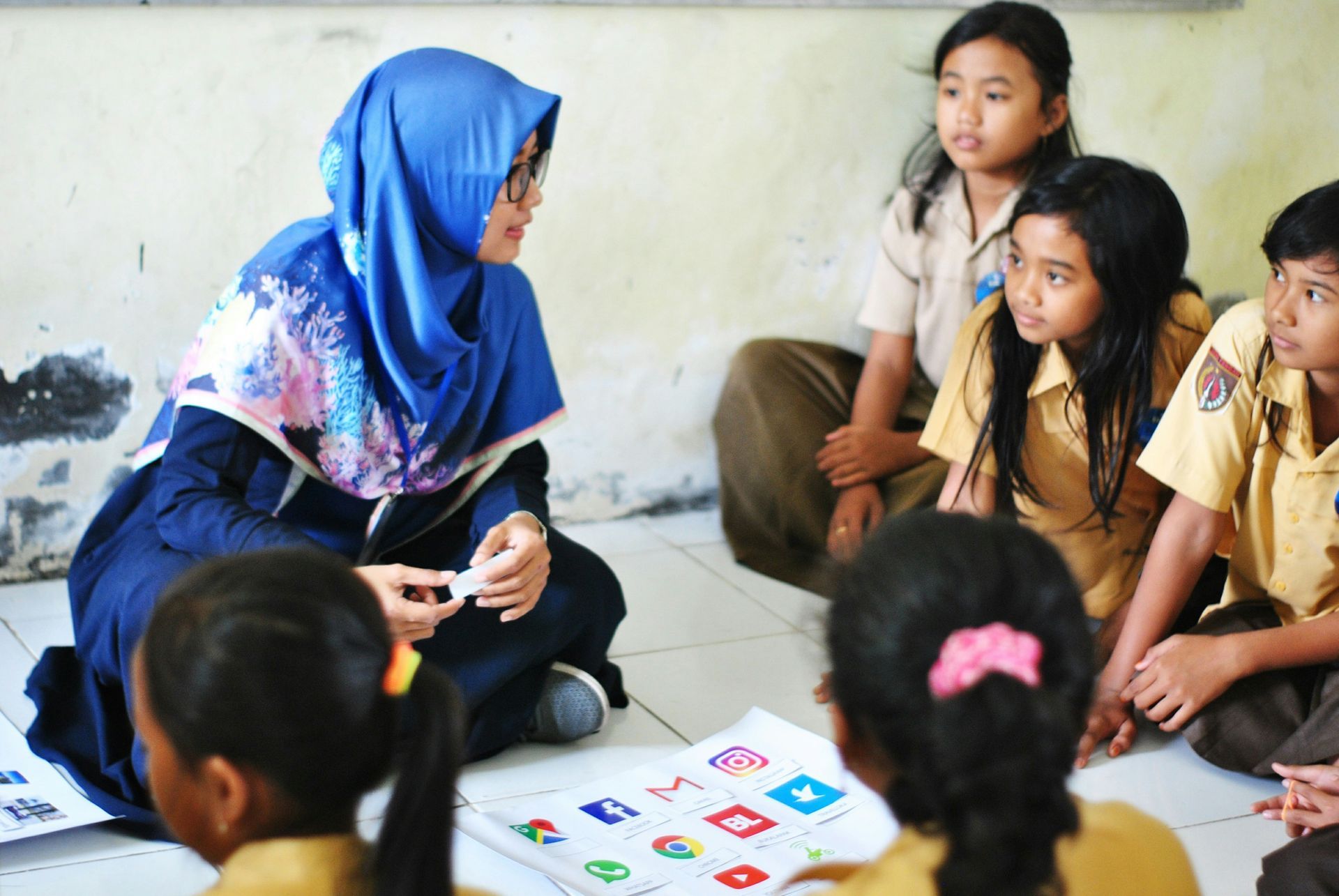


On July 13-16, 2015, member states convened in Addis Ababa for the Third International Conference on Financing for Development. The conference concluded with the adoption of the Addis Ababa Action Agenda (AAAA), reiterating the commitments of the 2002 Monterrey Consensus and setting out an ambitious agenda for raising the necessary resources to achieve sustainable development. The Action Agenda provides a strong foundation for aligning financing flows and policies with the post-2015 agenda, and includes concrete commitments. In particular, countries committed to a new “social compact” to provide social protection and essential public services for all, to improved international cooperation on tax to increase domestic budget revenues, and to mainstreaming of gender equality and women’s empowerment into financing for development. An “LDC Package” renewed the international focus on helping the poorest countries through targeted ODA commitments, and two key initiatives were adopted: a Technology Facilitation Mechanism for the SDGs, and a Global Infrastructure Forum to bridge the infrastructure gap. See the Addis Ababa Action Agenda and UN DESA briefing note for additional details on key outcomes.
SDSN co-hosted three side-events at the conference on issues that will be decisive for the future of development finance: bridging the infrastructure gap in Africa, forging links between development and climate finance, and harnessing the data revolution to drive sustainable development.
An event on “ Unlocking Public and Private Finance for African Infrastructure ” was co-hosted with the New Partnership for Africa’s Development (NEPAD), Brookings, and African Development Bank (AfDB). The press release is available here.
This event brought together leaders in African infrastructure to map future action to close the financing gap for African infrastructure. Professor Jeffrey Sachs opened the discussion by highlighting the importance of infrastructure development, notably for power, roads and broadband, in order to allow the continent to achieve the double-digit growth and sustainable development it needs. Professor Sachs encouraged African economies to forge partnerships with East Asia, tap into capital markets and strengthen continental bodies such as the NEPAD agency and African Development Bank.
He was joined by, among others, NEPAD Agency Chief Executive Officer Dr. Ibrahim Mayaki, who emphasized the lack of bankable projects, rather than missing resources, as a key barrier to progress. The CEO presented NEPAD’s Programme for Infrastructure Development in Africa (PIDA), which provides the framework to implement 51 priority programs and projects in the sectors of energy, transport, broadband and trans-boundary water sectors. Also present was Professor Joseph Stiglitz, who noted that “financial markets have failed to translate pools of savings into productive investments”. Emphasizing the need to better match these large-scale resources with financing priorities of developing countries, he said that “allocating more of these resources to inclusive development would be good for the global economy”.
The event concluded with an agreement between the NEPAD Agency, SDSN, UN Conference on Trade and Development (UNCTAD) and the Brookings Institution to set up a working group that will move Africa’s regional infrastructure financing agenda forward.
SDSN and Green Climate Fund (GCF) partnered to host a side-event on “ Climate Finance at the Service of Sustainable Development ” to explore how to ensure that climate and “development” financing work together effectively to tackle common challenges. The high-level panel discussed the challenges of an integrated approach, and proposed concrete actions for mobilizing and using of climate finance at its greatest potential.
Mr. Angel Guria, Secretary General of the OECD, opened with a passionate speech which emphasized the importance of setting a high carbon price, phasing out fossil fuel subsidies and using the resources thus freed to invest heavily in the decarbonization of the energy system. Ms. Hela Cheikrouhou, Executive Director of the GCF, presented the fund’s progress and vision: the GCF will use its resources to “tip the balance” in favor of low-carbon, climate-resilient investments and, recognizing that the effects of climate change are already being felt, will commit half of its resources to adaptation. Professor Jeffrey Sachs commended the GCF for its work and encouraged it to play an ever stronger role in the massive problem-solving effort needed to develop new solutions for deep decarbonization, adaptation and disaster preparedness.
H.E. Ato Kare Chawicha, State Minister for Environment and Forests of the Government of Ethiopia, presented his country’s objective of becoming a carbon-neutral middle-income country within 15 to 20 years despite the development challenges complicated further by climate change, particularly in infrastructure, energy and agriculture, but also in health and education. Daniel Wiener, President of the Board of Global Infrastructure Basel (GIB) expressed his support for these objectives and engaged directly with the challenges cited, pointing out that sustainable infrastructure is in itself more profitable on the long term. He also presented the Standard for Sustainable and Resilient (SuRe) Infrastructure currently being developed by GIB as a guide for climate-aware, resilient infrastructure development.
SDSN co-hosted an event on launch of a major new Global Partnership for Sustainable Development Data , alongside the ONE Campaign, UN Economic Commission for Africa (UNECA), Government of Mexico and the Government of the United States of America. The full press release, which includes key commitments made in Addis Ababa, is available here.
During the event, international governments, businesses and civil society pledged to take action to tackle the data crisis that threatens to hamper the fight against extreme poverty. Wide-ranging commitments were made, including funding pledges, the opening up of valuable data sets, technological innovation and analytic support, as the first step in a major drive to harness the data revolution to support inclusive growth and sustainable development.
World leaders are set to agree new Sustainable Development Goals (SDGs) in September, but these must be backed with a rapid escalation of robust, high quality data to track resources to results. To drive this forward, more than 20 international organizations, including the governments of Belgium, Kenya, Mexico, Senegal and the United States, the World Bank Group, SDSN, CIVICUS, and Mastercard have also committed to be Champions for the formation of a Global Partnership on Sustainable Data, to be launched in September 2015.
SDSN, represented by Professor Jeffrey Sachs, announced the launch of a thematic group on the data revolution which will assemble experts to identify new innovative approaches to data collection for the SDGs, make this input useful for policy makers, and provide technical assistance to the Global Partnership as required.




Get our latest insights, opportunities to engage with our networks, and more.

SDSN mobilizes global scientific and technological expertise to promote practical solutions for sustainable development, including the implementation of the Sustainable Development Goals (SDGs) and the Paris Climate Agreement.
Paris
19 rue Bergère
75009 Paris
France
+33 (0) 1 84 86 06 60
New York
475 Riverside Drive
Suite 530
New York NY 10115 USA
+1 (212) 870-3920
Kuala Lumpur
Sunway University
Sunway City Kuala Lumpur
5 Jalan Universiti
Selangor 47500
Malaysia
+60 (3) 7491-8622